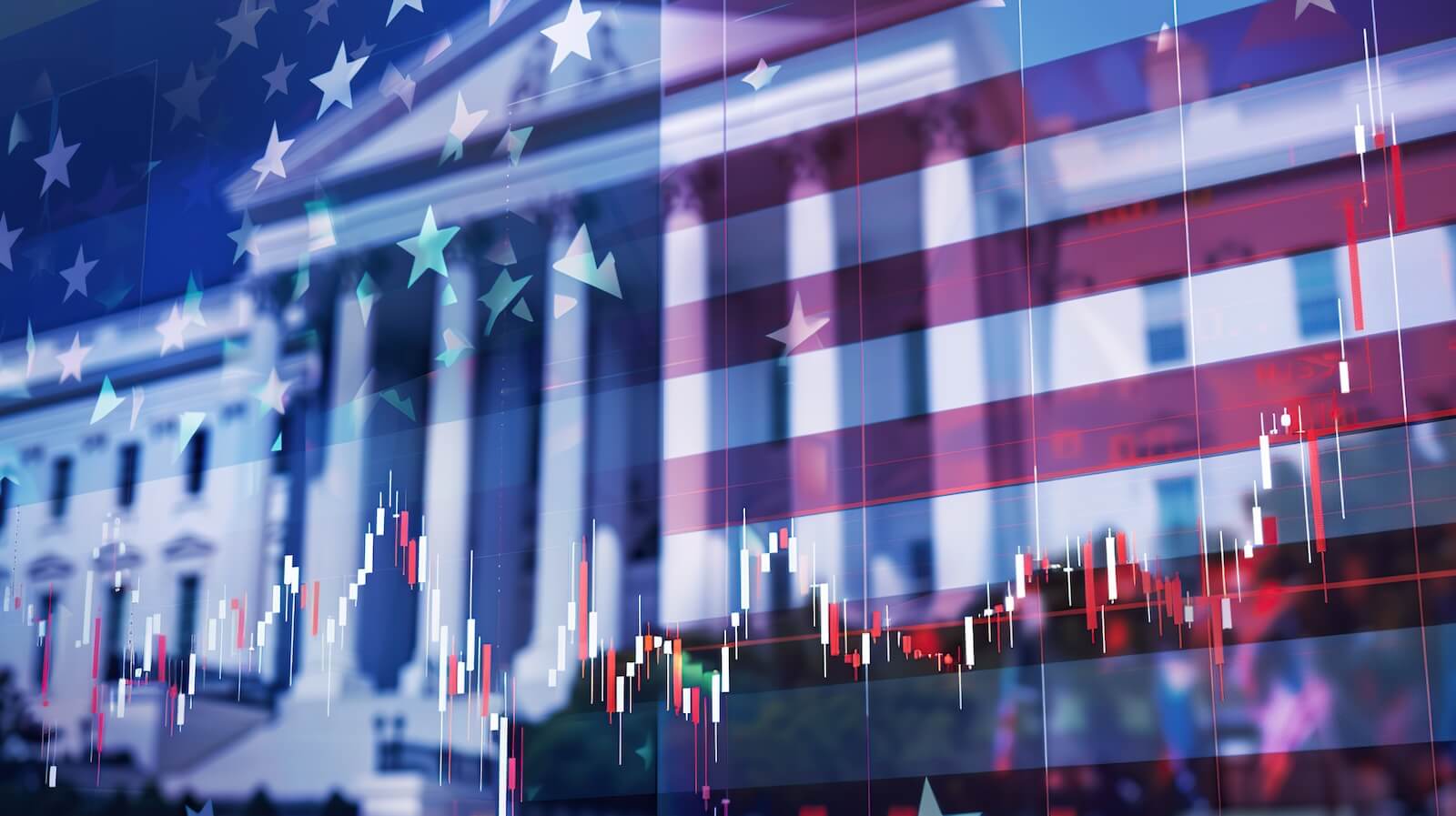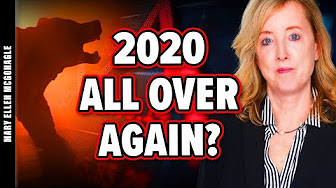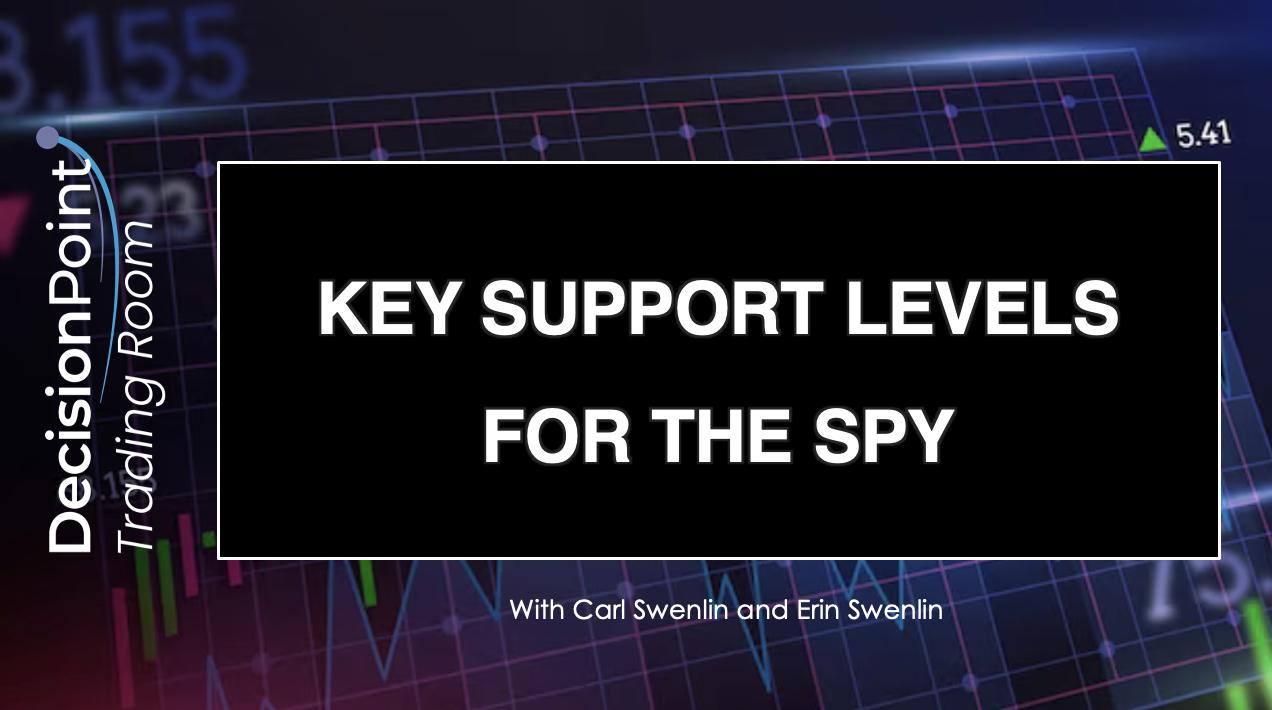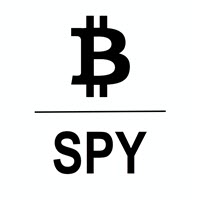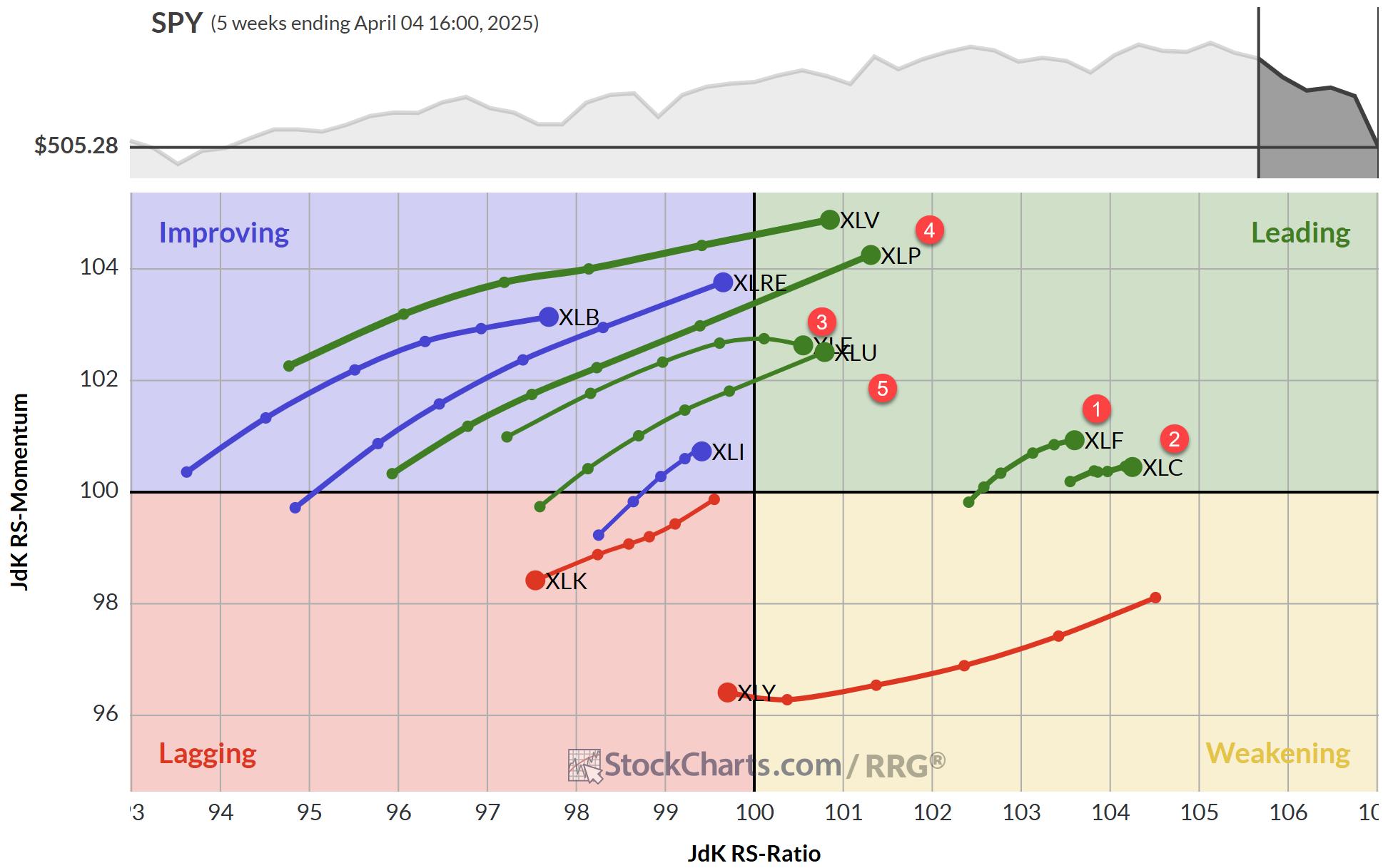
I recently returned from a 10-day trip to Kuala Lumpur and Singapore. This was my first time in Malaysia, where I spoke at the IFTA Annual Conference along with my fellow StockCharts commentators Julius de Kempenaer and Martin Pring.
After the conference, when I was checking out of the hotel in Kuala Lumpur, I was already thinking about the upcoming flight to Singapore and mentally preparing for meetings the next day. I distractedly reviewed the hotel charges and reached for my wallet. As I went for my credit card, everything stopped. My credit card was gone.
My initial reaction was pure anxiety. I’ve traveled halfway around the world and I’ve lost my credit card. Should I even go to the airport, or stay here and try to find it? Did I leave it in my room? Oh no I left my room key in my room so I’ll have to ask them to let me back up. Should I call and cancel the card right now? Where was the last time I saw it? Oh no……
Hang on. The last time I used it was at the restaurant last night. Should I call the restaurant now? Oh shoot it’s 6:30am. When does the restaurant open? Should I just walk over there in case someone’s there now? Oh no……
Talk about a mindless experience. Instead of trying to figure things out calmly and rationally, I let myself get caught up in the emotional impact of losing a credit card while on an international trip.
After I realized this, I took a couple deep cleansing breaths. I closed my eyes and cleared my head. I looked down at my work bag and thought okay, let me think through exactly what happened at the restaurant...
I remembered giving them my credit card, I remembered signing the receipt, I remembered that my credit card was wrapped up in my copy of the receipt…
That’s it.
I opened my bag, located the mound of receipts from my time in Kuala Lumpur, and there was my credit card, wrapped up in the receipt.
How often is your investment process less like a rational review of the charts and more like an emotional response like you just lost your credit card?
Probably too often.
When a market is selling off and things rotate from more positive to more negative, it’s so easy to get caught up in the emotions when faced with a potential loss of capital.
Daniel Kahneman won a Nobel Prize for his work developing Prospect Theory, which essentially says that we hate to lose much more than we love to win. This loss aversion is what causes us to make all sorts of mental errors, from holding on to our losing trades to selling way too early.
The best way to combat the emotions of the markets is to look at the evidence, derive the conclusion, and make the necessary changes. That’s it.
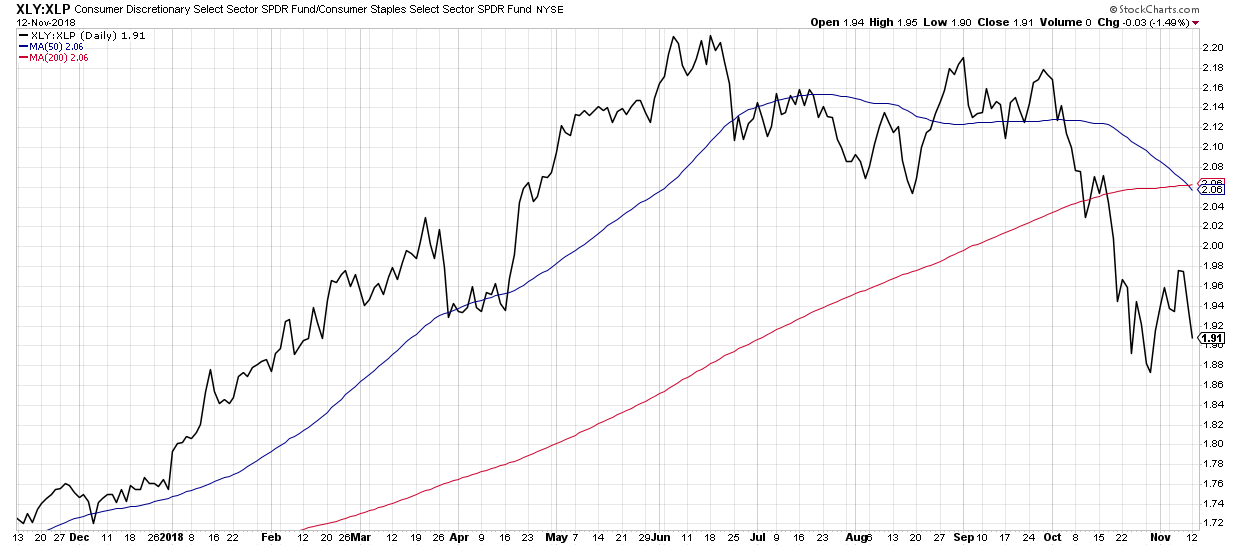
When I look at the evidence, I see the S&P 500 selling off from resistance, defensive sectors outperforming offensive sectors and growth underperforming value. These are not emotional responses or impressions. These are the facts.
Now whether these trends continue or not? That is truly unknown. But I do know that while these trends are in place, I want to be positioned defensively. When these trends reverse, I’ll change my outlook not based on fear, but based on the evidence.
RR#6,
Dave
David Keller, CMT
President, Sierra Alpha Research LLC
Disclaimer: This blog is for educational purposes only and should not be construed as financial advice. The ideas and strategies should never be used without first assessing your own personal and financial situation, or without consulting a financial professional.
The author does not have a position in mentioned securities at the time of publication. Any opinions expressed herein are solely those of the author, and do not in any way represent the views or opinions of any other person or entity.

